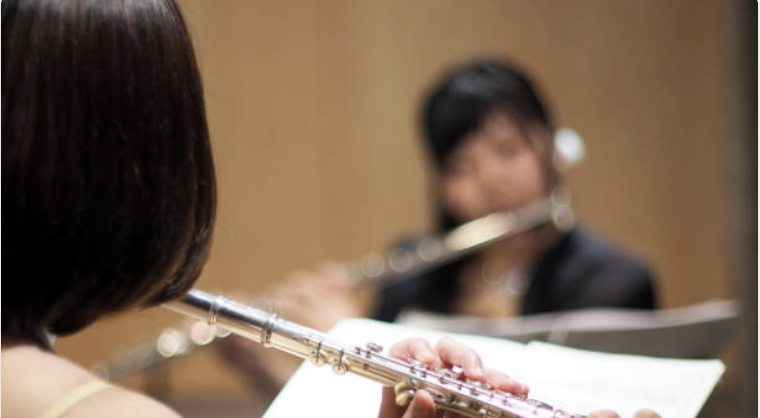8 Tips for Balancing Your Music Life & Social Life at School
Balancing time in the practice room and social time can be challenging, especially for those entering music school. Diligent practice hones musical skills and certainly fosters excellence, but dedicating time to social interactions cultivates meaningful relationships and emotional well-being. While your teacher may expect you to be practicing etudes and scales 5 hours a day, engaging socially is just as important and allows for creative inspiration and a fresh perspective. Also, excessive isolation can lead to burnout and hinder artistic growth.
Here are eight tips for finding the perfect balance between time spent practicing and studying and time spent developing meaningful friendships and relationships that will ultimately define your conservatory experience.
1. Time Management: Your Greatest Asset
Effective time management is the cornerstone of balancing your academic commitments and social engagements. Create a detailed schedule that allocates specific blocks of time for practice, classes, rehearsals, and personal time. Stick to your schedule, and be mindful of overcommitting yourself. Prioritize tasks and consider using productivity techniques like the Pomodoro Technique to maintain focus during practice sessions. By efficiently managing your time, you can ensure that you have dedicated moments for both musical growth and social interactions.
2. Set Realistic Goals
While it's important to strive for excellence, setting unrealistic goals can lead to burnout and isolation. Break down your musical objectives into manageable steps and celebrate each accomplishment. Similarly, set achievable social goals to maintain a healthy social life. Attending a weekly social event or dedicating specific evenings to spending time with friends can help you stay connected without feeling overwhelmed.
3. Communication is Key
Don't be afraid to communicate your commitments andschedule with friends, family, and peers. Inform them about your practice times and rehearsals so they understand your availability. This transparency fosters understanding and allows your loved ones to support your aspirations. Furthermore, communicating your need for social interactions can prevent feelings of isolation and loneliness.
4. Engage in Collaborative Projects
Many conservatories offer opportunities for collaborative projects, such as ensemble performances, chamber groups, or interdisciplinary collaborations. Engaging in these projects not only enhances your musical skills but also allows you to bond with fellow musicians. Collaborative efforts often lead to lasting friendships and shared experiences that contribute positively to your social life.
5. Quality Over Quantity
When it comes to social interactions, focus on quality over quantity. Allocate time for deep conversations and meaningful connections rather than trying to attend every social event. Prioritize activities that rejuvenate you emotionally and mentally, allowing you to return to your musical pursuits with renewed energy.
6. Utilize Breaks Wisely
Conservatories often have intense academic schedules, but breaks between classes and practice sessions can be utilized effectively. Instead of isolating yourself during these breaks, seek opportunities to connect with peers. Grab a quick coffee, engage in a brief conversation, or even schedule short jam sessions. These small interactions can provide a refreshing break and contribute to your social well-being.
7. Embrace Technology
In today's digital age, technology offers numerous ways to stay connected even when physical presence is challenging. Use social media platforms, messaging apps, and video calls to maintain relationships with friends and family who might be outside the conservatory. Virtual interactions can occasionally bridge the gap between demanding schedules and the need for socialization.
8. Prioritize Self-Care
Maintaining a balance between your musical journey and social life requires adequate self-care. Ensure you're getting enough sleep, eating well, and engaging in physical activity. Regular exercise can be a great way to release stress and boost your mood, contributing positively to both your music practice and social interactions.
Thriving at a music school while nurturing your social life is a skill that requires effort and thoughtful planning! By effectively managing your time, valuing quality social interactions, and prioritizing self-care, you can create harmony in your life that lends to a well-rounded music school experience. Remember that the connections you make in school can and will last a lifetime, especially when you share the same passions!
